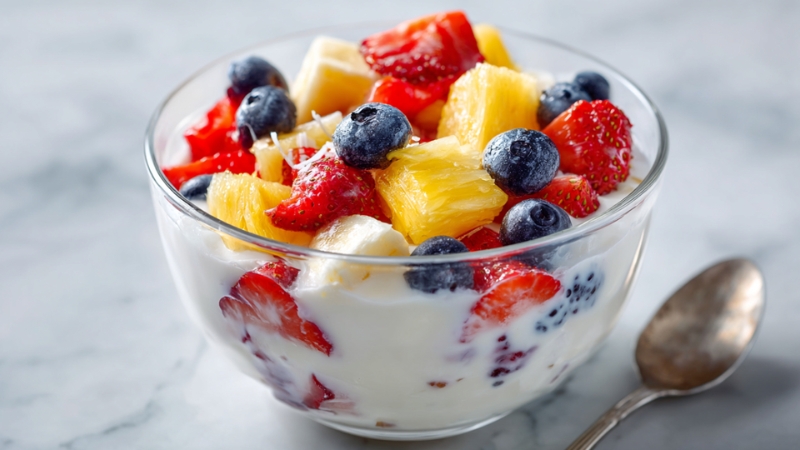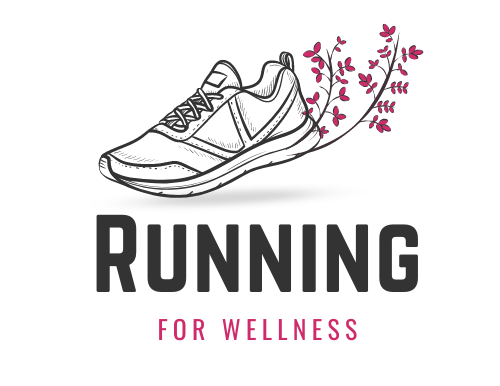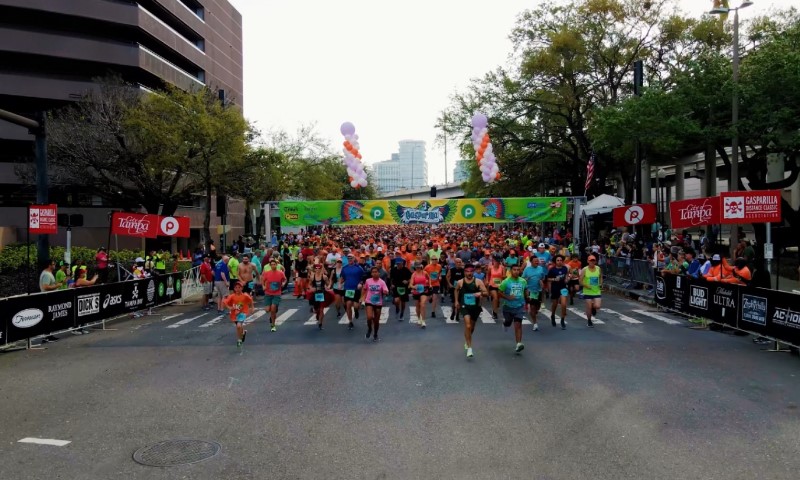Meal timing has a direct influence on how effectively the body performs during exercise.
Eating at the right time can fuel muscles, sustain energy levels, and reduce the risk of fatigue.
Digestion speed and nutrient absorption determine how food is converted into usable energy during activity.
Type of workout, intensity, and duration all influence the ideal timing of meals.
Let’s talk about what is the right time to eat before training.
Table of Contents
ToggleWhy Meal Timing Matters

Planning when to eat before physical activity is just as important as what goes on the plate.
Energy needs vary, but the body consistently relies on a steady supply of glycogen and glucose for muscle performance.
Without proper timing, even the best food choices may lead to sluggish training sessions or premature fatigue.
Athletes and fitness enthusiasts alike benefit from fueling strategies that help sustain intensity and endurance.
Muscles depend heavily on glycogen, a stored carbohydrate that gets used quickly during exercise. Once these stores run low, performance suffers, and fatigue sets in.
Eating ahead of time ensures glycogen levels remain high enough to support activity. Blood sugar control is equally important, as sudden drops may trigger dizziness or loss of focus.
Hydration plays a critical role by regulating temperature, lubricating joints, and supporting cardiovascular output.
Key benefits of proper meal timing include:
Strategic nutrition choices combined with careful timing allow the body to perform at its best while minimizing digestive distress.
Pre-Workout Nutrition Timing Guidelines
Consume a balanced meal rich in carbohydrates about 3–4 hours before training to allow sufficient time for digestion, or choose a lighter, carb-focused snack roughly 2 hours prior for steady energy.
But generally speaking, eating before exercise is not a one-size-fits-all process.
The amount of time available before training determines both the portion size and food type.
Larger meals require more time for digestion, while quick snacks provide a fast burst of energy when consumed closer to activity.
Each window offers specific strategies that can be adjusted depending on workout style and personal tolerance.
3–4 Hours Before Training
Meals in this timeframe can be substantial because the body has time to digest and absorb nutrients.
Carbohydrates supply glycogen, protein supports muscle maintenance, and healthy fats prolong satiety.
Such meals prepare the body for extended activity while avoiding discomfort.
Recommended components include:
- Complex carbohydrates: pasta, rice, whole grains
- Lean protein: chicken, turkey, tofu, or fish
- Healthy fats: olive oil, avocado, or nuts
- Vegetables for vitamins and minerals
1–2 Hours Before Training

Meals or snacks during this period should be smaller and easier to digest.
The focus shifts toward carbohydrates with moderate protein, while fat and fiber are kept low to avoid gastrointestinal distress.
This timing helps top off glycogen levels without overwhelming the digestive system.
Suitable choices include:
Eating in this window allows energy availability without the sluggish feeling that comes with heavier meals.
30–60 Minutes Before Training
Snacks in this short window serve as a last-minute boost of energy.
Simpler carbohydrates are most effective since they convert quickly to glucose.
Eating too much or consuming foods high in fat or fiber may cause discomfort during exercise.
Examples include:
Quick snacks taken at this stage give immediate fuel, supporting activity without burdening digestion.
Special Considerations
Not all athletes or training sessions follow the same patterns.
Timing and nutrition can shift depending on when exercise is scheduled, the type of workout, and specific sports requirements.
Considering special situations ensures energy and performance remain consistent.
Morning Workouts
Training early often means exercising on an empty stomach if no food is consumed beforehand.
A light snack or small breakfast can make a significant difference by preventing fatigue or low blood sugar.
Hydration is equally important since the body tends to be slightly dehydrated after sleep.
Helpful morning options include:
Starting the day with proper fueling and hydration ensures that even early sessions feel productive and energized.
Endurance or Long-Duration Workouts

Athletes training for extended periods need more than a single pre-workout meal.
Events like marathons or triathlons require strategies that begin a day or two before the event.
Carb-loading fills glycogen reserves to their maximum, while mid-session fueling helps maintain output.
Key strategies include:
Following these methods prevents hitting the dreaded “wall” during long-distance sessions.
Weight-Sensitive Sports
Athletes in sports with weigh-ins must balance fueling with strict weight management.
Heavy meals may be avoided in favor of simple carbohydrates and carefully measured fluids.
Timing is critical, especially when energy must be maintained without risking disqualification for exceeding weight limits.
Recommendations include:
Careful adjustments allow athletes to remain sharp and fueled without compromising weight goals.
For those still unsure about conflicting nutrition advice, Andres Ruocco, a certified NASM coach, offers clarity in his article “Busting Fitness Myths.”
He debunks common misconceptions like “carbs make you fat” or “you must eat every 2–3 hours to boost metabolism,” emphasizing instead the importance of balance, quality food choices, and sustainable habits.
What to Avoid Before Training

Not every food benefits performance. Some choices slow digestion, cause discomfort, or disrupt focus.
Athletes should be aware of common pitfalls that hinder training quality.
Foods and habits to avoid include:
- High-fat meals: lead to sluggish digestion and heaviness
- High-fiber foods: risk bloating and gastrointestinal distress
- Dairy high in lactose: may trigger stomach discomfort
- Excess caffeine: can cause jitters, poor focus, and dehydration
Choosing lighter, cleaner options helps energy systems function effectively and keeps the body prepared for performance.
Post-Workout Recovery Nutrition (Brief Overview)
Recovery nutrition is often overlooked, yet it plays a vital role in muscle repair and preparation for the next session.
Consuming food shortly after exercise ensures glycogen is restored and protein supports muscle rebuilding.
Timing is just as important here as before training.
Smart post-workout choices include:
Consuming a balanced combination of carbohydrates and protein within 30–60 minutes helps reduce soreness, shorten recovery time, and prepare the body for future workouts.
Hydration Strategy
@tylerpath Most underrated thing to do whike you’re resting. I prolly get half of water intake on the day when I’m working out and the fact that the average commercial gym isn’t littered with reusable water bottles or lines at the water fountain is a concern. Hydration can play a pretty significant impact on exercise performance especially if you lift first thing in the morning. So stay hydrated… it’s good for the gains #fyp #fitness #gym #bodybuilding ♬ DEVIL IS A LIE – Tommy Richman
Hydration supports nearly every aspect of exercise performance, from endurance to concentration.
Water loss through sweat can quickly impair output, so a structured plan is essential.
Athletes should approach hydration in stages: before, during, and after activity.
Effective hydration strategies include:
- Pre-workout: 2–3 cups of water about 2–3 hours prior
- During activity: ½ to 1 cup every 15–20 minutes
- After training: 2–3 cups of water per pound lost through sweat
For sessions lasting longer than an hour or in hot environments, sports drinks help replace electrolytes and provide extra carbohydrates
Maintaining proper hydration levels ensures consistent energy, focus, and endurance across training sessions.
Summary
Optimal training performance depends on timing meals and fluids strategically.
Experimenting with different approaches helps each individual find what works best for their body.
Exercising on a completely empty or overly full stomach often leads to poor results.
Balanced meals, proper hydration, and thoughtful recovery nutrition ensure consistent progress and effective workouts.
Related Posts:
- Should You Run on an Empty Stomach? Pros and Cons Explained
- How Long Does It Take to Train for a Half Marathon?
- How Far Is a Half Marathon? Everything You Need to Know
- Nutrition Tips for Runners - What to Eat Before and…
- How Can You Start a Career as a Running Coach?
- Top 400 Hilarious Gym Quotes to Keep You Motivated







